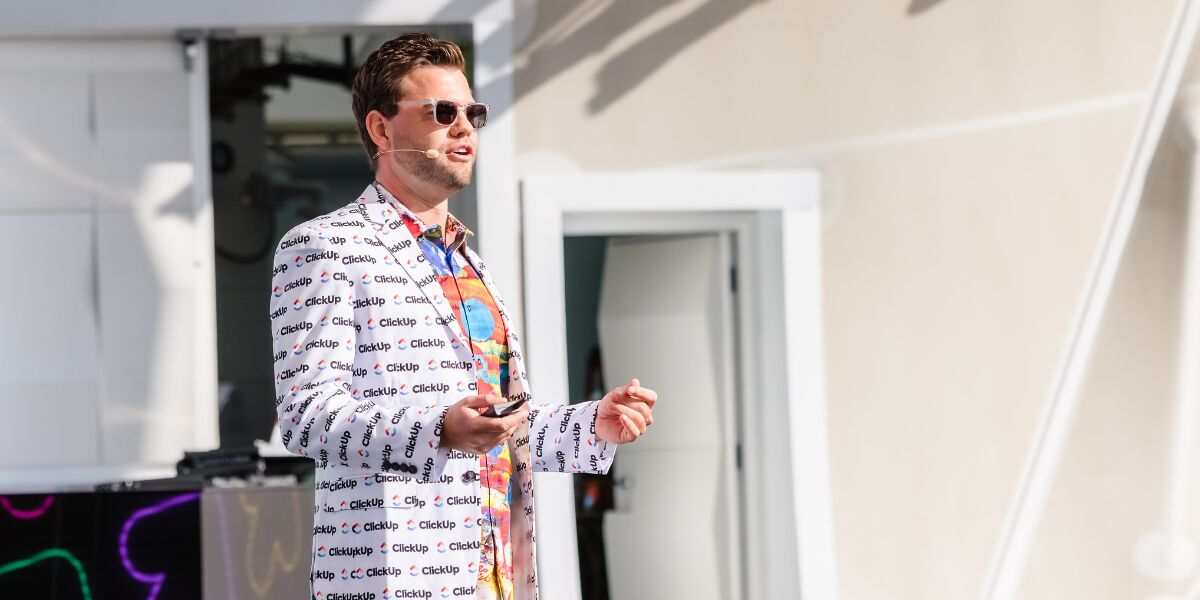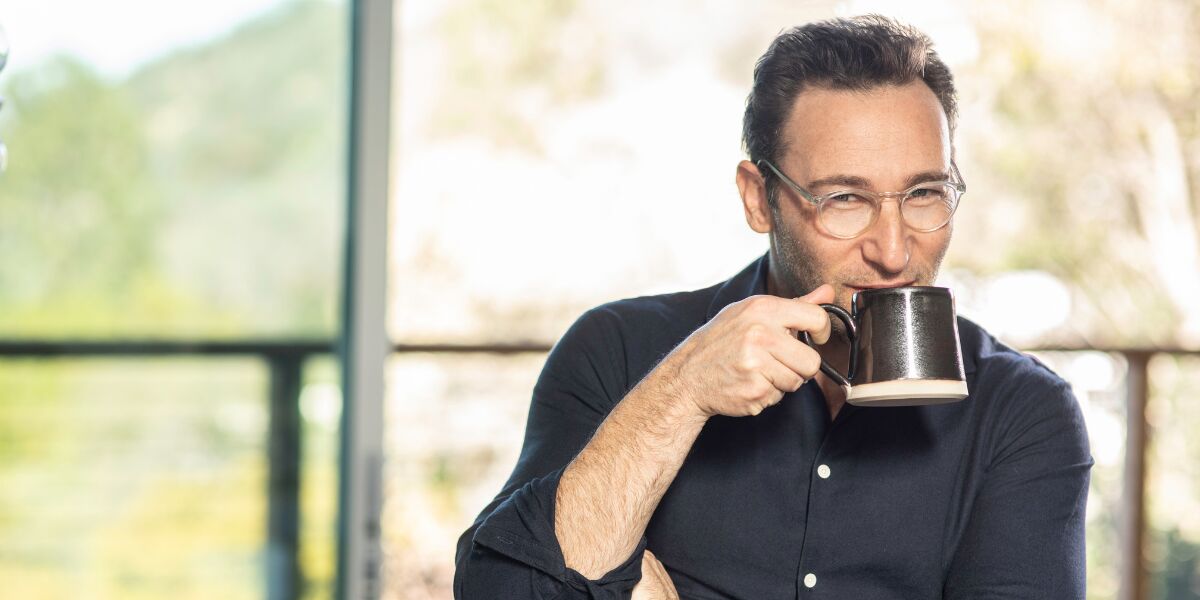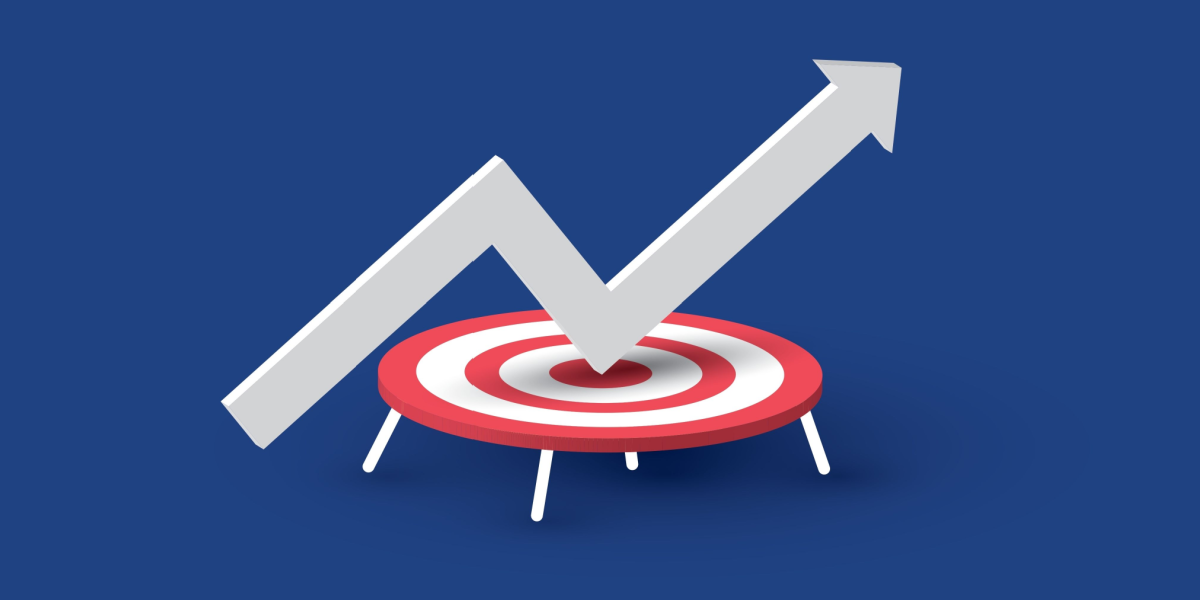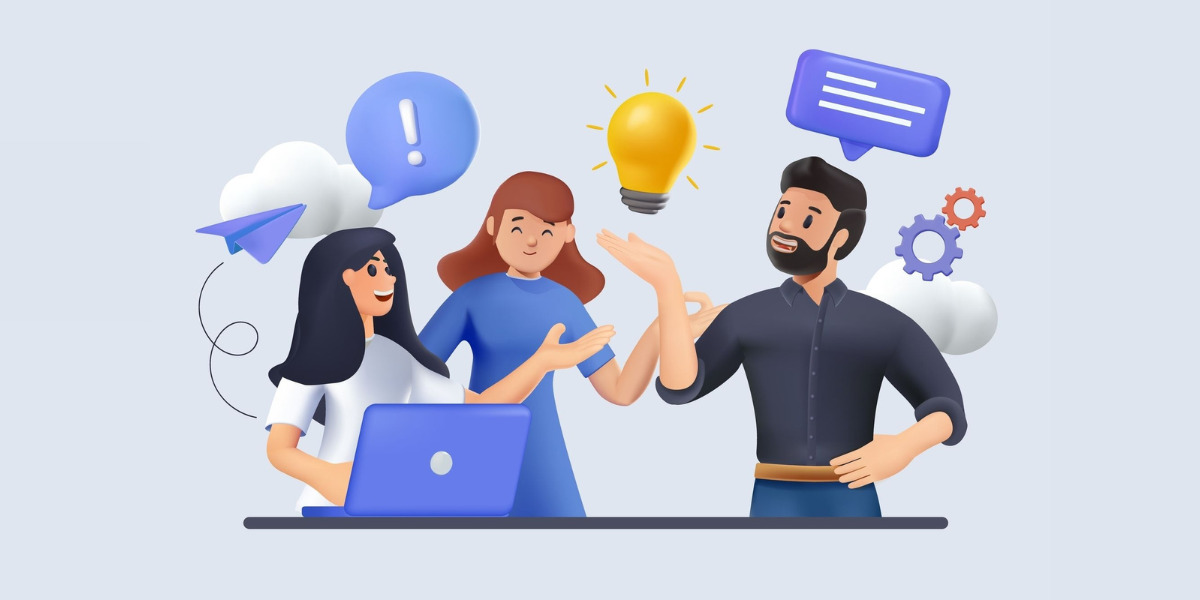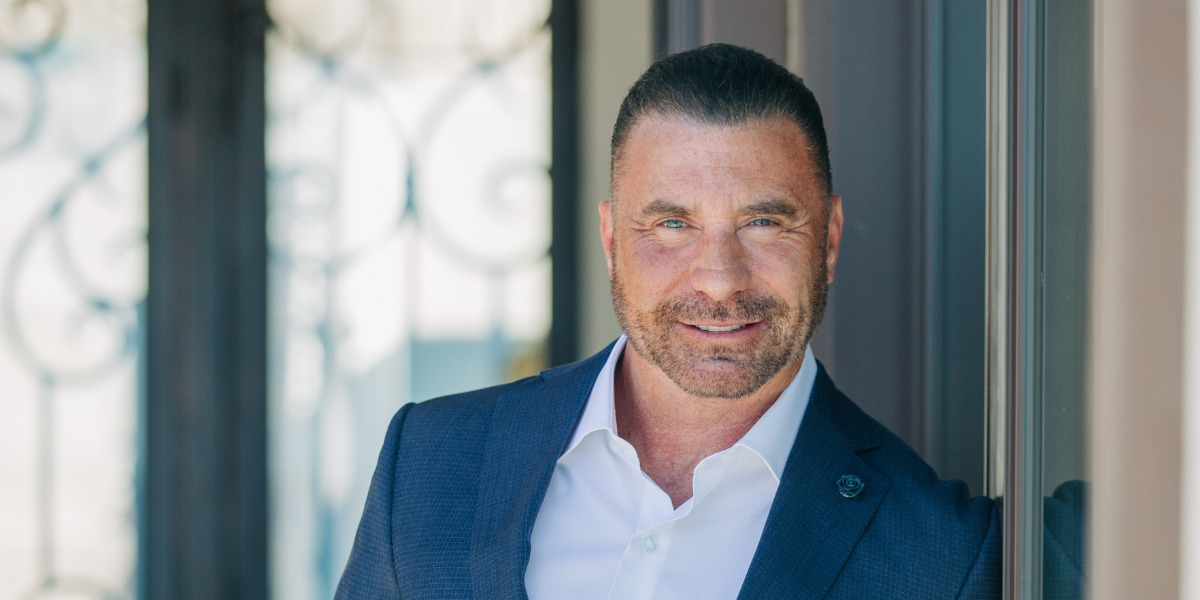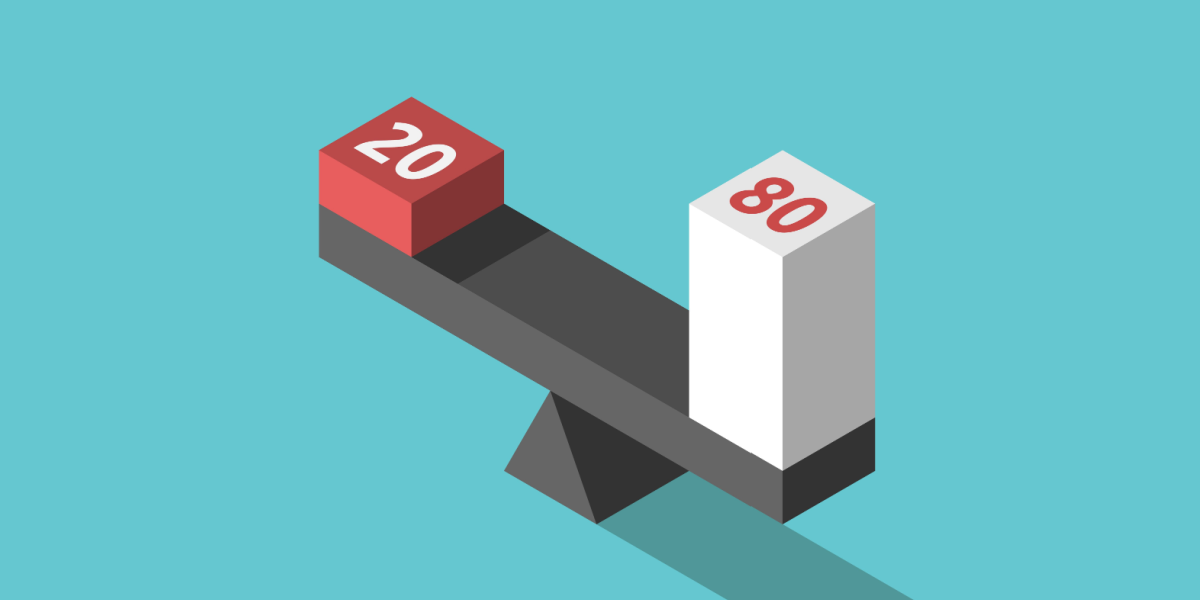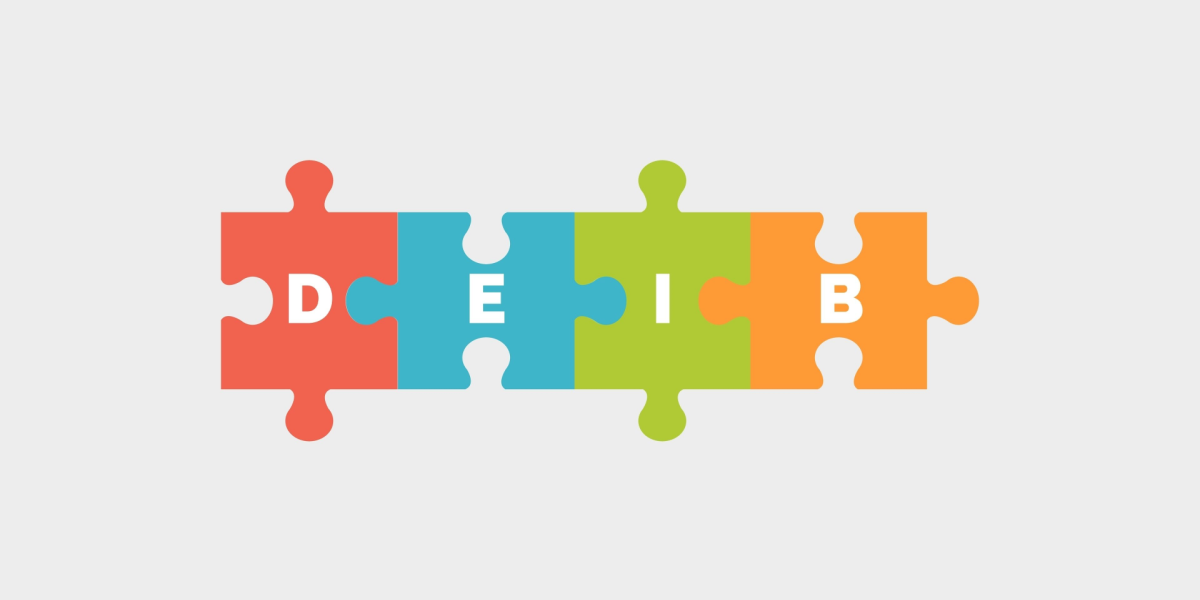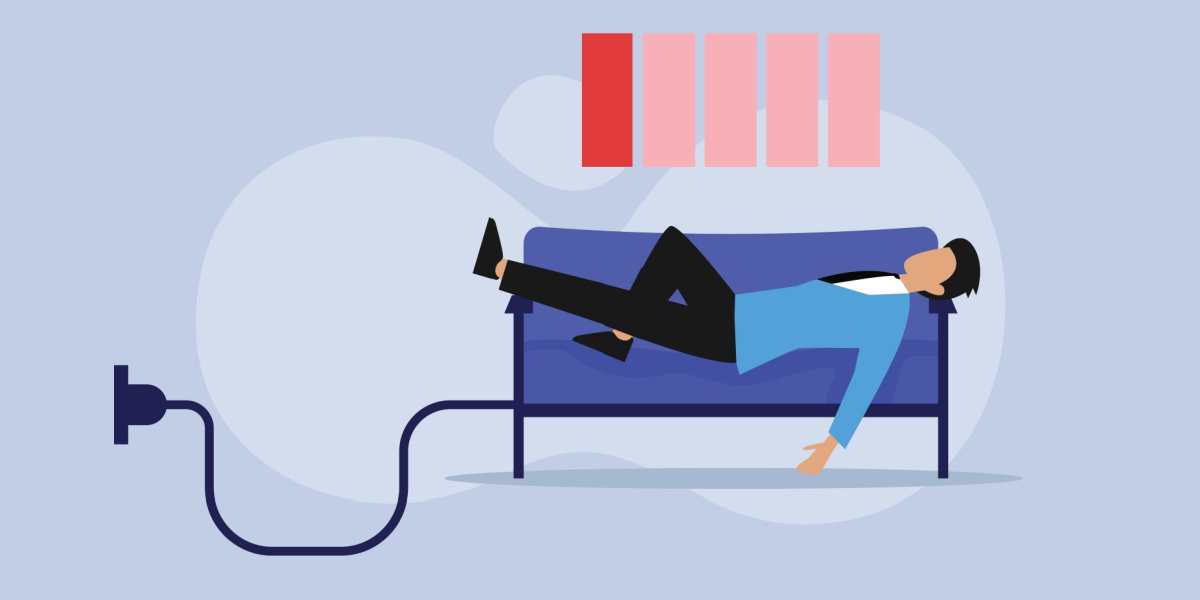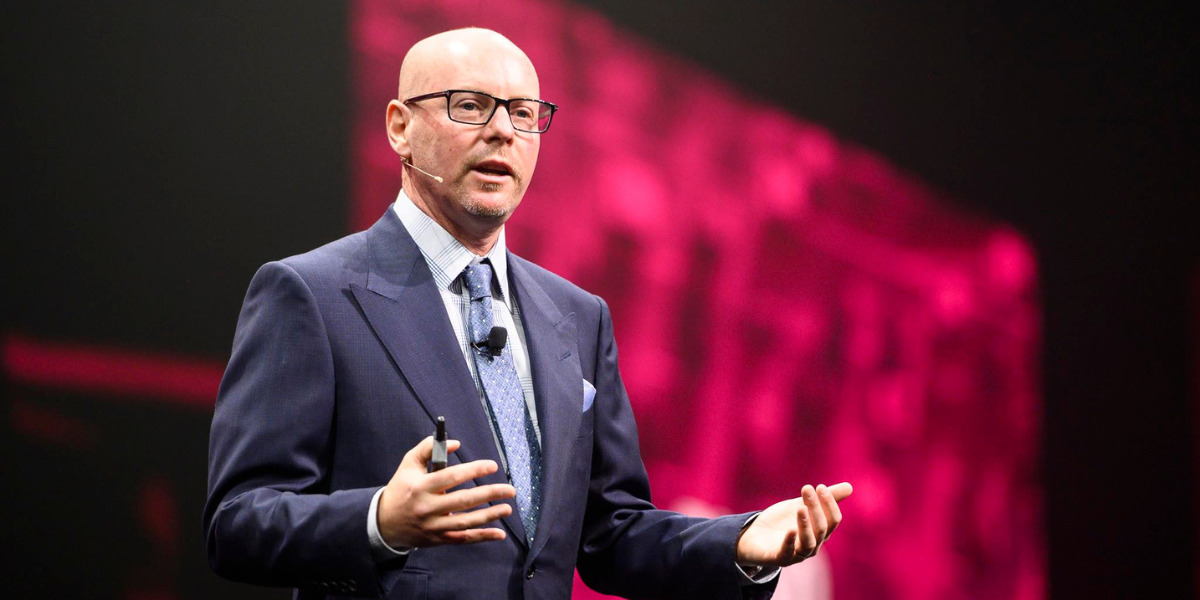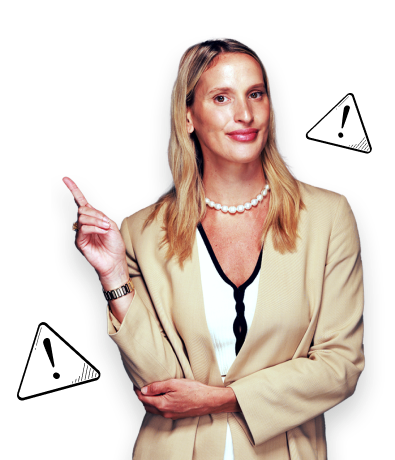Running your own business is an all-encompassing pursuit. You need to wear many hats, and it’s easy to end up working far more than you would as an employee for someone else’s business.
Even among average professionals, a Harvard Business School survey in 2008 found 94% of people who responded worked 50 hours or more per week, and nearly half worked more than 65 hours per week.
The worst thing about our increasing tendency to work long hours is that it’s actually not good for us—for our health or our businesses. Working long hours increases our risk of stroke, as a University College London study found. The study was conducted on three continents, and found participants who worked more than 55 hours per week had a 33% higher chance of stroke compared to those who worked 35-40 hours. There was also a 13% higher chance of coronary heart disease.
Long hours can also lead to fatigue, poor general health, and of course, burnout. But it’s also bad for productivity. A study of British factory workers during World War II found that output was increased in smaller and smaller amounts for any hours worked beyond 49 each week.
A more recent study in 2011 looked at data from countries in international trade organization OECD, starting in 1950. This study found a similar outcome: as the number of hours worked increased, productivity decreased.
So overworking is bad for business. If the health risks aren’t enough to get you to slow down, surely a decrease in productivity will.
But it can be easier said than done to stop working so much—particularly when it’s your own business on the line. Let’s take a look at how some of the world’s most successful people keep from burning out while working hard.
Stop at 80%
Writer and marketer Justin Jackson loves work. But he realized he loves it a bit too much:
For years, I would go to the office in the morning, and spend every ounce of creative energy that I had. I gave it all until I had nothing left. If I had extra time, I would pick up a new project.
It wasn’t just work, either. Jackson was juggling being a dad for the first time, volunteering, founding a business, and starting his master’s degree. He reveled in the busyness, and assumed he could carry on that way forever.
But, inevitably, he burned out.
The problem with being maxed out is you can’t deal with anything new. I couldn’t fit anything else in. I’d squeezed my schedule, my finances, my energy, and my family to the absolute limit. And then a crisis: the business I’d invested in went bad. I had no extra room to deal with a crisis: all those plates I’d been spinning came crashing down.
Jackson’s approach to starting over was to use the concept hara hachi bu, which is the idea of eating only until you’re 80% full. Okinawa Island has 3 times more people over the age of 100 than the United States. This longevity is thought to come (partially) from the practice of hara hachi bu, which restricts how many calories you take in per day.
Jackson took this “80% approach” and adapted it for work:
I became conscious of the amount of energy I spent at the office. I would deliberately pace myself so I that I spent only 80% of my mental energy throughout the day.
Obviously it’s hard to tell exactly where the 80% mark is, but according to Jackson, it’s just a matter of being mindful, and not overstimulating his brain. He tends to choose two or three big tasks to accomplish each day, and no more.
With extra mental space to deal with unexpected events, Jackson no longer feels at risk of burnout. He’s also doing better work: “Instead of being overstimulated, my mind is more focused. By acknowledging my limits, I spend my resources more wisely.”
Keep an eye on your energy levels, and try to stop when you’ve expended 80%. Save the extra 20% for family, friends, hobbies, and dealing with unexpected events.
A similar approach is the concept of “satisficing.” Discussed in a paper by Dr. Barry Schwartz, satisficing is the idea of doing—or choosing—what’s good enough, rather than what’s absolutely the best. It’s the opposite of maximizing, which mandates that you only accept the best, and inflict stress upon yourself by constantly trying to get the maximum result out of any work you do, or choice you make.
Schwartz’s research found satisficers are more happy than maximizers. He also found satisficers often end up maximizing without meaning to. For instance, when making a choice, the satisficers will look at different options until they find one that’s good enough, whereas the maximizer will continue searching until they’re absolutely sure they have the best choice—and often continue worrying about the other options even after making their choice.
But after making a decision, the satisficer will sometimes upgrade to a better option if it comes along. Without setting out to find the best option available, they’ll end up maximizing anyway—but without the stress a maximizer regularly endures.
Researcher Emilia Lahti used satisficing to cut down on stress during her busy master’s degree program:
I approached the assignments without my usual over-achiever angst and ‘must seek validation for my existence on this planet and exceed all expectations’ -mentality. I began my course work with a conscious attitude that “I will simply do enough, and enough is what I can do within reasonable limits. Whatever I am doing now is not nearly as serious as curing world hunger or eradicating domestic violence. So: who cares!”. The result of not giving a damn: three A’s and an A-, but most importantly I enjoyed every minute of the ride.
If you tend to focus on achieving the best possible outcome in everything you do, try letting go of some of those expectations. You might be surprised at how well your work turns out when it’s not colored by stress and expectations.
Stay focused on your purpose
Angela Benton, co-founder of NewME startup accelerator, uses mediation to avoid burnout.
After moving to San Francisco to head up NewME, Benton stopped exercising regularly and often forgot to eat because she was so busy. She was enjoying her work, but she could feel the signs of burnout creeping up on her: “I was exhausted. I had gotten disconnected from the purpose of why I’m doing what I’m doing, who I’m doing it for.”
Benton says it’s important to stay centered on what’s important, and why. Twenty minutes of meditation every morning helps her stay focused.
For some companies, mindfulness has improved productivity and reduced employee turnover. According to Rich Fernandez, co-founder and president of mindfulness company Wisdom Labs:
At Aetna, one of the third largest health insurance companies in the US, 12,000 employees have taken a mindfulness program. Aetna is reporting 62 minutes on average of increased productivity per employee with an additional $3,000 in savings per employee.
And at the iOpener Institute, Fernandez says introducing mindfulness at work led to a 46% reduction in cost due to employee turnover, 19% reduction in the cost of sick leave, and a 12% increase in performance and productivity.
Try a few minutes of meditation each morning to help you focus on what’s most important.
Look at the opportunity cost
Tina Martini, partner at DLA Piper law firm, says not being able to say no is her biggest challenge when it comes to fighting off burnout: “It’s hard to take a step back and say, ‘This is what I already have on my plate.'”
When Martini struggled with burnout a few years ago, she hired an executive coach to help her get back on track. One of the things Martini’s coach helped her with most was understanding that “with every opportunity, there’s an opportunity cost.”
Martini says it’s helpful to have “a conversation with yourself about what’s important, taking a step back to look at your life holistically.” This makes it easier to focus on what really matters, she says, and to see when the opportunity cost isn’t worth it. If you’re doing one thing, you’re foregoing something else.
Before you say yes to a new project, weigh what you’ll have to take time and focus away from in order to commit.
Don’t take on everything
Computer science professor and author Cal Newport offers a framework for deciding what to say yes to. Based on advice from first century stoic philosopher Epictetus, Newport suggests weighing up the requirements and consequences of a new project before jumping into action.
In every affair consider what precedes and follows, and then undertake it. Otherwise you will begin with spirit; but not having thought of the consequences, when some of them appear you will shamefully desist.
While both Newport and Epictetus are fans of taking action, they’re simply suggesting we avoid jumping into new projects without fully evaluating them first.
Entrepreneur Scott H. Young takes each of his ideas through an incubation process before starting work on a new project:
The decision to commit to the project is easy, provided you’ve adequately done the previous three steps. If you’ve generated lots of ideas to choose from, incubated those ideas for months or years and then sought out and tried to resolve any flaws in the project, chances are you’ll be left with ideas that are extremely compelling.
Epictetus agrees: “When you have evaluated all this, if your inclination still holds, then go to war.”
While Young says many people don’t like his process of taking months or years to develop an idea before committing to it, it’s the best approach for creating meaningful projects:
If you do follow this process, however, I think it’s possible to generate projects that truly inspire you. Ideas that you’re willing to throw every bit of your effort at for months or even years. I also believe it’s those kinds of projects that result in meaningful accomplishments, because you’re able to operate at such a higher level of effectiveness when in that state of total commitment and drive.
Take the time to incubate new ideas and fully explore what they’ll require from you. Only commit to taking action once you’re sure you’re ready for what’s required.
Take a vacation
According to Tony Schwartz, author of The Way We Work Isn’t Working, “You’ll get more overall work done at a higher level of quality if you take your vacations.”
When Yahoo! CEO Marissa Mayer was VP of Search Products and User Experience at Google in 2006, she told Fortune she had about 70 meetings per week. “I pace myself by taking a week-long vacation every four months,” she said.
Richard Branson agrees with the importance of vacation:
I make sure that I disconnect by leaving my smartphone at home or in the hotel room for as long as possible—days, if I can—and bringing a notepad and pen with me instead. Freed from the daily stresses of my working life, I find that I am more likely to have new insights into old problems and other flashes of inspiration.
For Branson, vacations are about more than just rest and recuperation: “When you go on vacation, your routine is interrupted; the places you go and the new people you meet can inspire you in unexpected ways.”
Plan your next vacation somewhere you can get away from the stress of daily life. Whether that’s an entirely new country you want to explore, or simply a quiet spot by the closest beach—try to get away from technology and let your mind wander.
With all the pressure that comes from running your own business, burning out is the last thing you want to worry about. Take some time now to put a plan in place to look after yourself. Better to take a little time out for your health and sanity now, than a forced vacation when you find you can’t keep up the pace later on.



